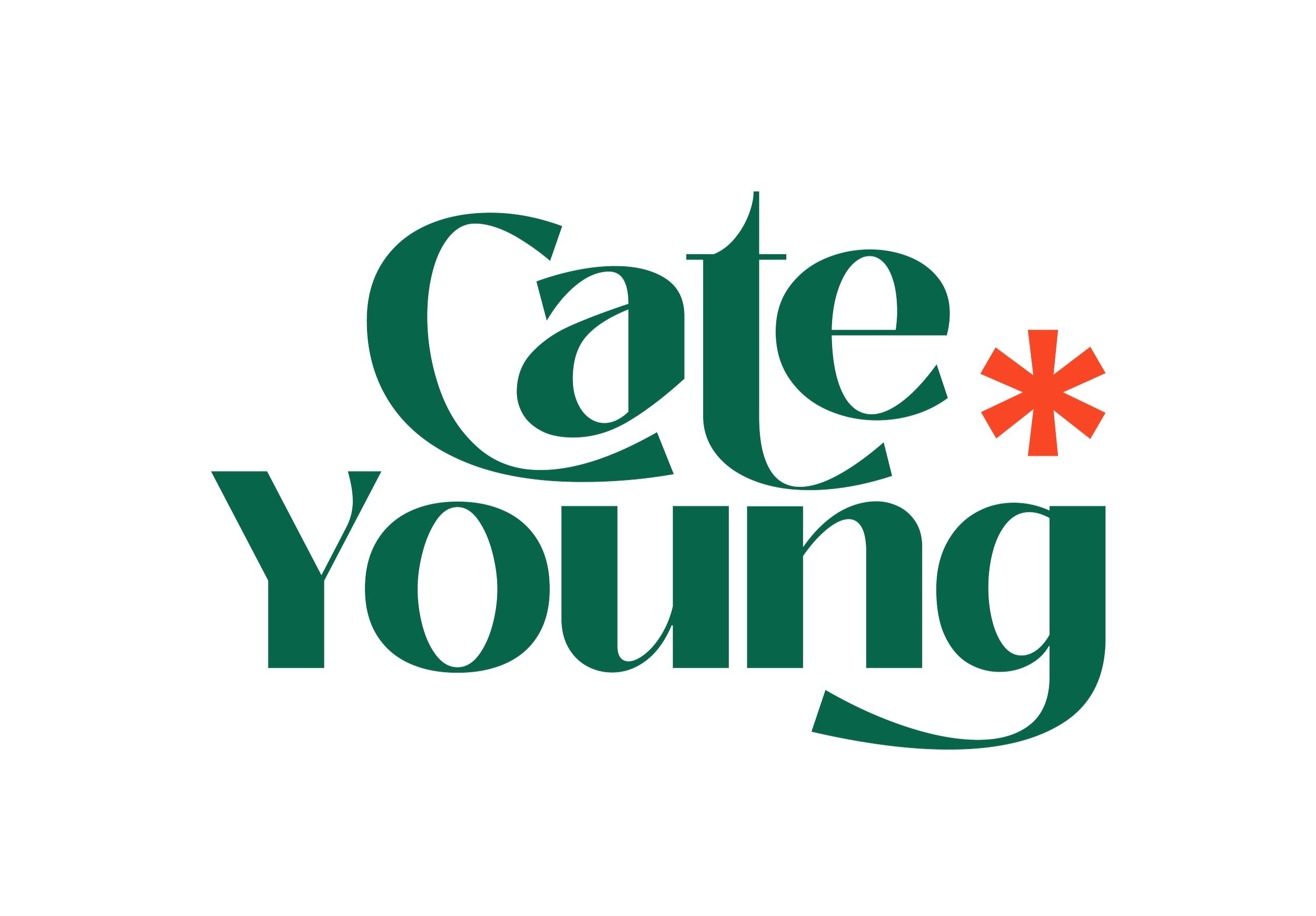Lady Bird Explores Self and Specificity
What makes Lady Bird special is that it is so specific and yet so universal. This fraught relationship between mother and daughter is so visceral and real that it's an almost painful reminder of our own experiences and the changing nature of parental relationships as we get older and more mature.
The opening scene of Lady Bird involves a casual conversation between Christine "Lady Bird" McPherson (Saoirse Ronan) and her mother Marion (Laurie Metcalf) in a car. Innocuous as it, their chatter quickly devolves into a petty argument during which Lady Bird throws herself out of the moving car. It's a overdramatic kind of flourish that one expects to be par for the course with a teen girl, but Lady Bird, written and directed by Greta Gerwig in her directorial debut works hard to complicate established narratives about mothers and daughters primarily by taking them seriously and treating them as stories worthy of consideration and dissection.
The film follows Lady Bird over the course of one year as she makes plans for college during her senior year of high school. It follows her through her first boyfriends, losing her virginity, several high school drama productions and many, many, many fights with her mother.
Lady Bird is desperate for a life that is much bigger than the one she has now, and bigger still than the one her parents can ill-afford to give her. Her disdain is palpable, bordering or distasteful. Her words are ugly and harsh, and Metcalf does exquisite work in the subtle ways she conceals Marion's rage when Lady Bird is on one of her tirades. But in the end, the film is about the ways the two keep missing each other, never managing to connect, despite both desperately wanting to.
In the film's final moments, Lady Bird finds letters that her mother has written to her, started, stopped and crumpled for disposal as she fumbled with how to express her love for a child who so often scorns her. It's only then that Lady Bird realizes the fragility of their relationship. They are at a crossroads; come together or fall apart. It is incumbent on her to choose. She calls her mother, expresses her gratitude and the film ends.
What makes Lady Bird special is that it is so specific and yet so universal. This fraught relationship between mother and daughter is so visceral and real that it's an almost painful reminder of our own experiences and the changing nature of parental relationships as we get older and more mature. There is familiarity is that push and pull between grudging distance and desperate need between mother and daughter, especially when the relationship has never been demonstrative. It has taken me years to be able to simply say thank you to my own mother unselfconsciously. It is a journey getting to that point. Lady Bird gets this, mines it and puts it up onscreen for all to see.

